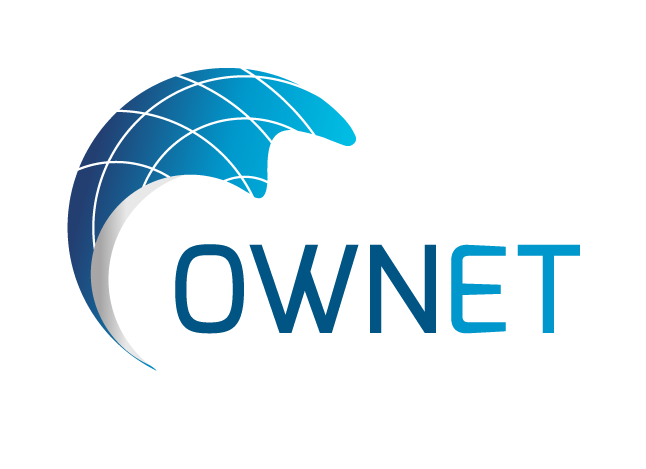Ownet’s Managing Partner, Jeremy James on how the SME developed its unique approach to consultancy.
Why did you set up your business?
Ownet focuses on Change and Transformation, and we launched the business in 2016 after seeing the growth of disruptive and collaborative business models in other sectors. We believed they could be adapted to the professional services sector, as a way of providing more loyal consultants to help companies better focus on their customers and reduce risk during times of change.
As with most new business ideas this grew from experience, research and discussing ideas that were then modelled and tested. Our research with trusted clients was incredibly insightful. We asked three questions in our interviews:
- When and why would you engage a third-party professional services firm?
- What is important to you when you engage a professional services firm?
- What frustrates you about the professional services firms you have engaged?
The responses to these informed a lot about how we structured the business and we constantly refer back to this as a reminder of why we do what we do. And it’s why our three pillars – People, Process and Technology – are at the core of how we work.
How can you influence consultant loyalty?
The Ownet model is based on all our consultants being experienced (minimum 10 years relevant experience), able and willing to roll up their sleeves and build strong relationships with all stakeholders. And they need to be willing to share their knowledge and experience with clients and colleagues.
We facilitate this through our unique ownership model where all our consultants are empowered to do the right thing for clients and their colleagues and have a stake in the Ownet business, which grows as they succeed with clients and engage with colleagues. We call them Owners.
Ensuring we have the right people and a team that will work for each other is so important. Our litmus test for ensuring that we’re the right company for them, as much as the other way around, is that each individual should be able to say that they would trust and enjoy working with each other on projects and would have each other’s backs.
To further drive a collaborative working environment, we have built a flat organisation with our board made up of elected Owners who are tasked to act as a voice for their colleagues and to help lead the direction of the business.
As with most professional services companies, our people are out on client sites much of the time, which can make it a challenge to ensure that the team remains a team and not a disparate group of individuals or sub teams and this is done as a combination of social, charity and business training/update events in person, as virtual meetings and on chat groups.
How have you made your business scalable?
When we launched we knew that process design, improvement and control would be a key offering to our clients and so we needed to not only be able to deliver on this to clients but we also needed to have processes in place to ensure that all the different parts of our model would work seamlessly and be repeatable without becoming a burden.
We’ve had to be disciplined in our approach: designing, building and documenting process as living DNA of our business – and that’s helped with onboarding and keeping people aligned to our strategy and values too.
So how important is technology in all of this?
This was an area where we had some initial challenges. As a business that was set up as a disruptor to the traditional professional services firms we sometimes lost the focus of this and spent time looking at and developing technology to aid in being a “disruptor”. We forgot that disruption is actually about doing something differently to challenge the status quo and not all of this needs to be technology led.
As an example, when we first set up the business, we developed an app for clients and Owners to communicate and gain insights. The initial research for this was very positive but in reality it didn’t bring our clients and Owners together in the way that we had envisaged. Face-to-face roundtables, network dinners and social events are still the best way!
For clients we have moved away from trying to develop our own technology solutions for digital transformation to partnering with software providers to provide our clients with the right digital solutions for their initiatives and challenges. One exciting partnership, for instance, will enable clients to develop a Digital Twin of their Organisation (DTO) – a virtual representation of all, or part of, their business that is intrinsically linked to real-time operations. By detailing the business assets, their dynamics, interactions and their performance over time, they can then run analysis and simulation to inform and influence change through fact-based decision making.
For us too, we have looked at our technology requirements and have taken a route of SaaS and cloud hosted subscription-based technology which gives us greater flexibility and a smooth upgrade path as we grow, while keeping our costs in check.

